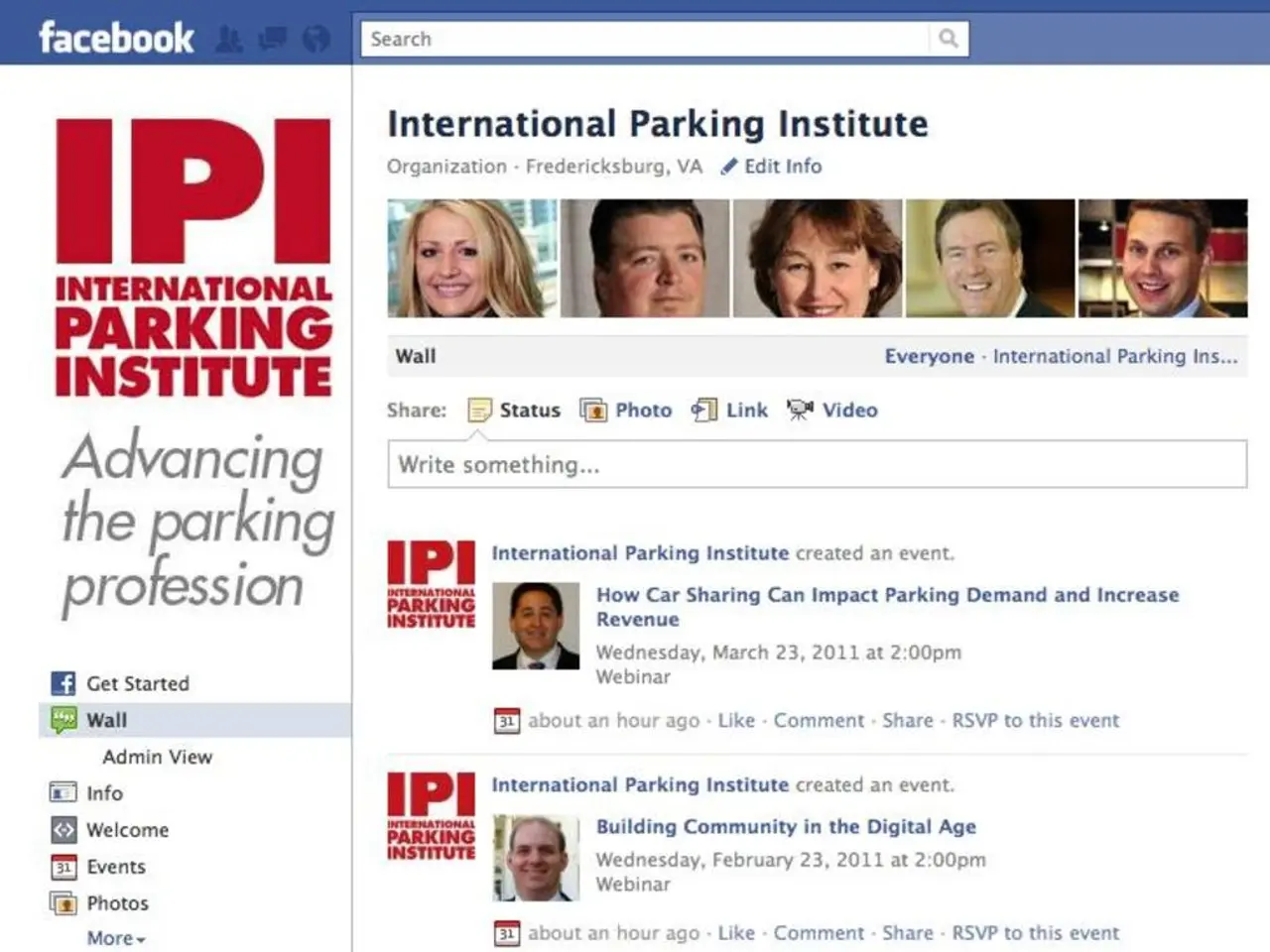Survival of Human Race: An Examination of Social Acceptability Influence
=============================================================================
In the intricate web of human decision-making, a subtle yet significant force known as social desirability bias is shaping our perceptions and actions. This insidious phenomenon, which leads individuals to present themselves in a favourable light, can have far-reaching consequences across various domains, from personal choices to policy decisions, public health, economic stability, and cultural progress.
Human Decision-Making
Social desirability bias complicates our understanding of real attitudes and behaviours. People often over-report "good" traits, such as honesty and altruism, while under-reporting "undesirable" ones, like prejudice and unhealthy habits. This distortion can hinder honest communication and self-awareness, leading to miscalculated decisions on both individual and collective levels.
Public Health
In the realm of public health, social desirability bias can skew data and compromise the accuracy of health-related surveys. For instance, individuals may under-report stigmatized behaviours such as smoking, substance abuse, or mental health symptoms, leading to underestimated prevalence and compromised resource allocation for interventions. This bias can hinder disease prevention and treatment efforts, particularly in sensitive areas like sexual health or mental illness.
Economic Stability
In economic contexts, social desirability bias can distort market research, consumer feedback, and workforce assessments. Misreported behaviours and attitudes may lead firms or governments to misjudge demand, preferences, or compliance, potentially resulting in inefficient resource allocation or regulatory inefficacy. This can reduce the accuracy of financial forecasting and economic planning based on self-reported data.
Cultural Progress
On cultural and societal levels, social desirability bias maintains social norms by encouraging conformity, sometimes at the expense of honesty and innovation. When people suppress dissenting views or controversial experiences to align with socially acceptable norms, it can slow cultural evolution and perpetuate stereotypes or inequalities. Furthermore, research and dialogue about sensitive topics may be stifled, limiting critical societal self-reflection and growth.
Countermeasures
Countering social desirability bias requires a multi-faceted approach. Ensuring anonymity in data collection, using indirect questioning techniques, and fostering environments that encourage honest self-expression can help mitigate the influence of this bias. Creating safe environments where participants feel comfortable sharing their true opinions without fear of judgment is crucial in research settings.
Modern Implications
In contemporary society, social desirability bias can lead to significant misjudgments in research validity, workplace dynamics, and health surveys. In research validity, this bias can distort findings and lead to inaccurate conclusions, especially in sensitive topics like drug use or mental health. In workplace dynamics, employees might provide overly positive feedback about company culture or management practices, hindering genuine improvements and perpetuating dissatisfaction.
Politicians may emphasize popular opinions or values during campaigns to gain voter support, potentially leading to elected officials prioritizing popularity over effective governance. The tendency to conform to socially desirable responses can stifle open dialogue about important issues such as diversity, equity, and inclusion, ultimately hindering societal advancement.
Evolutionary Perspective
From an evolutionary perspective, social desirability bias may have conferred advantages in social cohesion and group dynamics by enhancing an individual's standing within a group. However, in the modern era, this bias can often lead to misrepresentations and misjudgments that have far-reaching consequences.
Social Media Influence
Social media users frequently curate their online personas to showcase only desirable aspects of their lives, creating unrealistic standards that can lead to mental health issues among peers. This digital echo chamber further exacerbates social desirability bias, making it more challenging to navigate the complexities of truth and authenticity in an increasingly interconnected world.
In conclusion, understanding and addressing social desirability bias is crucial for making informed decisions, fostering honest communication, and promoting progress in various domains. By raising awareness about this cognitive bias and implementing countermeasures, we can strive to create a more truthful and authentic society.
- The impact of social desirability bias in the realm of mental health can result in underreported symptoms, leading to a miscalculation of mental health rates and potentially hindering the allocation of resources for intervention.
- In the domain of entertainment, social media users present curated, favorable representations of their lives, which can eventually create unhealthy comparisons and contribute to mental health concerns among their peers.
- Social desirability bias can distort political discourse by causing politicians to emphasize popular opinions during campaigns, leading them to prioritize popularity over effective governance.
- In the field of science, a misunderstanding of real attitudes and behaviors due to social desirability bias can distort findings in sensitive topics such as drug use or mental health, leading to inaccurate conclusions.




